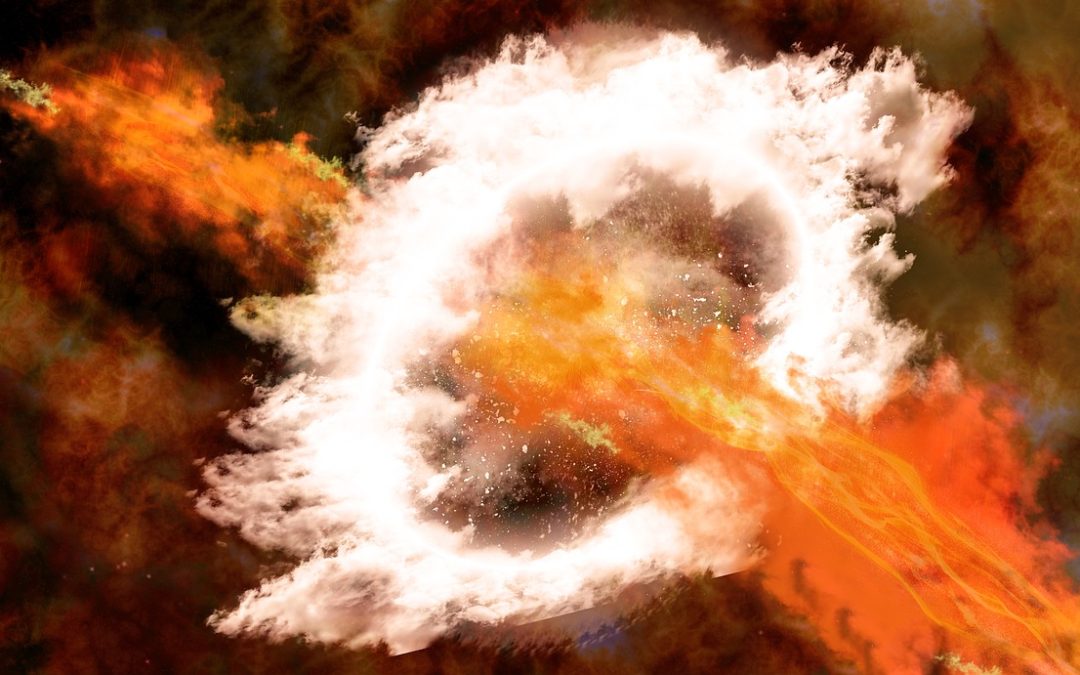 Exploring the Vast Universe: Insights into Current Cosmology
Exploring the Vast Universe: Insights into Current Cosmology
The universe has always fascinated humanity, and throughout history, we have sought to understand its mysteries. Cosmology, the study of the origin, evolution, and structure of the universe, has made tremendous progress in recent decades, providing us with remarkable insights into the vastness and complexity of our cosmic home.
One of the most significant breakthroughs in modern cosmology is the Big Bang theory. According to this theory, the universe originated from a singularity, an infinitely dense and hot point, approximately 13.8 billion years ago. This explosive event marked the beginning of space, time, and all matter as we know it. The Big Bang theory is supported by various lines of evidence, including the observed expansion of the universe and the detection of cosmic microwave background radiation.
The expansion of the universe is a fundamental concept in cosmology. Edwin Hubble’s observations in the 1920s revealed that galaxies are moving away from each other, suggesting that the universe is expanding. This discovery led to the formulation of the Hubble’s Law, which states that the velocity at which a galaxy is receding from us is directly proportional to its distance. The expansion of the universe implies that it was once much denser and hotter than it is today.
Another crucial aspect of cosmology is the composition of the universe. Through extensive observations and measurements, scientists have determined that ordinary matter, such as stars, planets, and galaxies, accounts for only about 5% of the total energy density of the universe. The remaining 95% is composed of mysterious entities known as dark matter and dark energy.
Dark matter is a form of matter that does not interact with light or other electromagnetic radiation, making it invisible to our telescopes. Its existence is inferred from its gravitational effects on visible matter. Dark matter plays a crucial role in holding galaxies together and shaping the large-scale structure of the universe.
On the other hand, dark energy is a hypothetical form of energy that permeates all of space and is responsible for the accelerated expansion of the universe. Its nature remains largely unknown, but it is believed to counteract the gravitational pull of matter, causing the universe to expand at an ever-increasing rate. The discovery of dark energy in the late 1990s was a groundbreaking revelation that challenged our understanding of the universe’s fate.
In recent years, cosmologists have also made significant progress in understanding the formation and evolution of galaxies. Through observations and computer simulations, they have unraveled the intricate processes that lead to the birth of galaxies from primordial fluctuations in the early universe. These studies have shed light on how galaxies grow, merge, and evolve over billions of years.
Furthermore, cosmology has also provided insights into the ultimate fate of the universe. Depending on the amount of dark matter and dark energy, there are three possible scenarios: a closed universe that eventually collapses back on itself, an open universe that expands forever, or a flat universe that expands but at a decreasing rate. Current observations suggest that we live in a flat universe dominated by dark energy, which implies an eternal expansion.
Cosmology is an ever-evolving field, and there are still many unanswered questions. Scientists continue to explore the nature of dark matter and dark energy, seeking to understand their properties and origins. They also strive to uncover the mysteries of the early universe, such as what triggered the Big Bang and what existed before it.
As our understanding of cosmology deepens, so does our appreciation for the vastness and complexity of the universe. Every new discovery brings us closer to unraveling its secrets and understanding our place within it. Exploring the cosmos not only expands our knowledge but also ignites our curiosity and wonder about the grandeur of the universe we call home.
